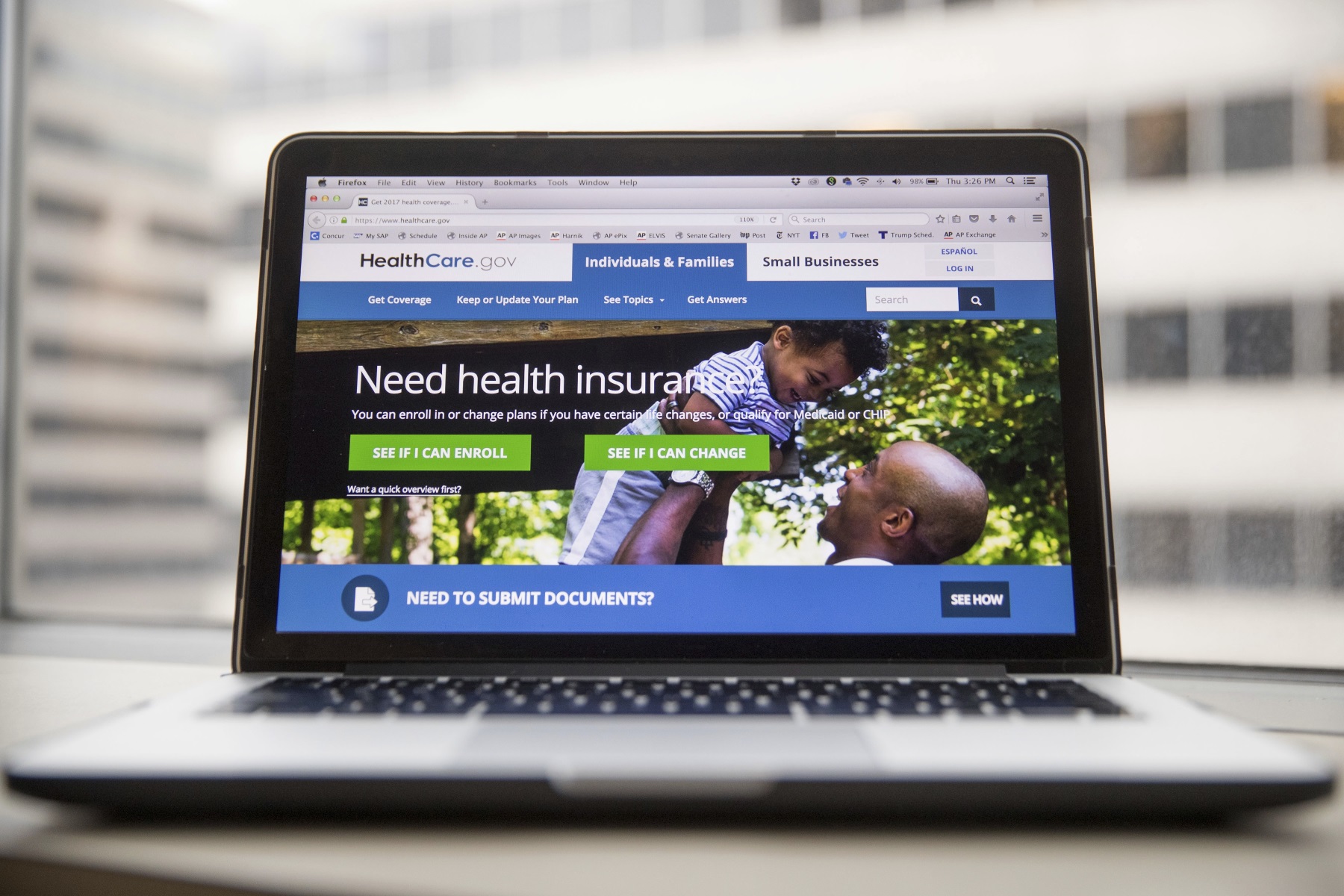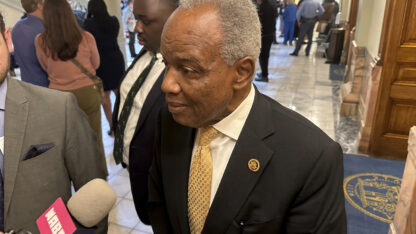Georgia’s insurance exchange showed an astonishing surge in the last scheduled week of Open Enrollment, roughly doubling the total enrolled to 482,904.
That’s very close to the 493,880 in Georgia who signed up for coverage for the current year.
Nationally, the enrollment figures in the 39 states (including Georgia) that use the federally run exchange also nearly matched the previous year’s total.
The enrollment announcement Thursday from federal health officials comes a day after Congress passed tax legislation that would repeal the requirement for most Americans to have insurance coverage or face a tax penalty.
The sign-up total surprised experts because of a much shorter Open Enrollment period and reduced funding for outreach, insurance counseling and marketing of the exchanges, created under the Affordable Care Act for people who do not get workplace or government coverage.
At the end of week six, there were 246,270 Georgians signed up for exchange insurance for 2018. But week seven — last week — saw the total rise by 236,634.
The Atlanta Journal-Constitution reported that there are two additional weeks tacked on to Georgia’s sign-up period because of the statewide emergency declaration for Hurricane Irma in September. The new deadline in the state is Jan. 31, so the final enrollment total may surpass the previous total. For other states, the end of enrollment was Dec. 15.
Federal officials said Thursday that 8.8 million Americans signed up for Affordable Care Act health plans for 2018 in the 39 states relying on the federal HealthCare.gov website, just short of the 9.2 million enrolling for 2017.
The national count does not include people signing up in states that run their own insurance marketplaces.
David Howard, a health policy expert at Emory University, said Thursday that the enrollment totals “were surprising, given all we heard about premiums going up.’’
“There are a lot of people who don’t have any other option’’ for health insurance, Howard added.
Customers on the exchange can get a subsidy or discount to afford coverage. These are available to a single person who earns less than $48,240 and $98,400 for a family of four. And as premiums went up for 2018 coverage, so did the subsidies, as required by the ACA. “A large number of people were insulated from the premium increases,” Howard said.
The Centers for Medicare and Medicaid Services, as it released the enrollment figures, said that the agency cut what it called ”wasteful spending’’ in the exchange marketing budget.
“This year, CMS spent only $10 million on marketing and outreach, which is just over $1 per enrollee all while improving the ease and quality of customer service. In comparison, last year CMS spent a total of $100 million, nearly $11 per enrollee,’’ the agency said.
CMS Administrator Seema Verma said in a statement that “our goal from the beginning was to empower patients across the health care delivery system and make sure that Americans who chose to enroll in the exchanges had a good customer experience while making enrollment more cost-efficient, and the results show that we accomplished our goal.”
Among the 39 states that use the federally run exchange, Georgia again placed fourth in enrollment, behind Florida, Texas and North Carolina.
Andy Miller is editor and CEO of Georgia Health News









